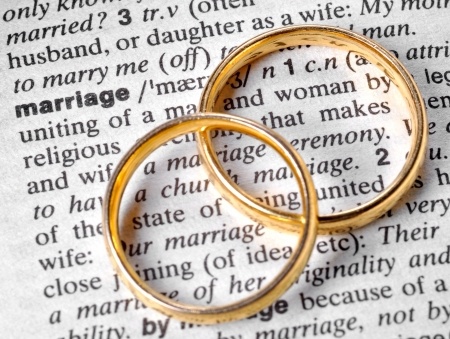Our close and intimate attachments with our partners formulate a significant investment of our time,…

Tips for improved Communication:
CONFLICT MANAGEMENT
Under stress the relationship defaults into familiar yet unhealthy patterns to try and solve issues. Along with the assumption that our partner thinks the same way as us is frustrating when it turns out that they don’t have a clue about our needs and wishes. When there are past hurts in times of crisis we are going to want to push our point of view onto our partner and for them to accept that our reality is the truth. We ask ourselves; ‘if only they would change’ then we wouldn’t keep on having these same arguments going around in circles and resent them for not seeing ‘our point of view’. We blame the other for the argument. We might decide to withdraw affection or withdraw from interactions as a way to satisfy our need for peace and harmony. ‘If we aren’t arguing then things are relatively peaceful’. To manage conflict in this way when there are important issues to address is disastrous for any relationship.
Couples often develop patterns of behaviour to manage the discomfort and tension around conflict. The first step is to try and build emotional safety in the relationship. If we feel hurt and vulnerable we are less likely to expose ourselves to more hurt and pain oftentimes going on the ‘attack’. Our partner who may be feeling the same way thinks ‘this isn’t fair’ and jumps in to defend their position. We develop unhelpful ways of thinking, which is reflected in our behaviour and the manner in which we speak to one another. It is not surprising that this doesn’t generate closeness or safety in the relationship and one or both partners withdraws emotionally and physically. The relationship therefore can’t sustain this distance for long and most couples will eventually sweep the issue under the carpet until the next disagreement.
The distress that couples experience in arguments initiates the ‘flight or flight’ response and during this time, our ability to logically and rationally problem solve goes out the window when it is becomes survival of the fittest. Oftentimes we argue to defend our position or to try and ‘win’ the argument by not thinking about what we are saying before we say it, often leading to regret and remorse. It is the hurt and pain from this that drives distance between couples not necessarily what the topic of the argument was. The lesson from this is to try and calm down before discussing difficult or conflictual issues. We are also responsible for our own behaviour and counselling can assist in this by providing strategies to manage oneself.
RELATIONSHIP TIPS
You can find ways to improve your relationship actively on your own or as a couple by considering the following
- Having fun: planning fun activities to do as a couple increases the dopamine levels and eases tension.
- Treat them as though you would treat your best friend. Be courteous and considerate.
- Be mindful of not being overly critical. Ensure the there are at least 5 positive things said about your partner before you say something negative.
- Learn to regulate emotions both in yourself and for your partner to calm things down when you argue.
- After an argument no matter who is ‘right’ or ‘wrong’ learn to make amends to repair the damage in the relationship. Is it more important for you to be right or for your relationship to be healthy.
- Be each others best friend. Relationships that are based on friendship are more successful.
- Be open to being influenced by your partner, especially for males to be influenced by their partners.
- Develop unity in your marriage to the exclusiveness of external influences.
- Be aware of the times when your partner is reaching out for connectedness to be close and reciprocate.
- Try new things to keep the excitement and spontaneity alive.

